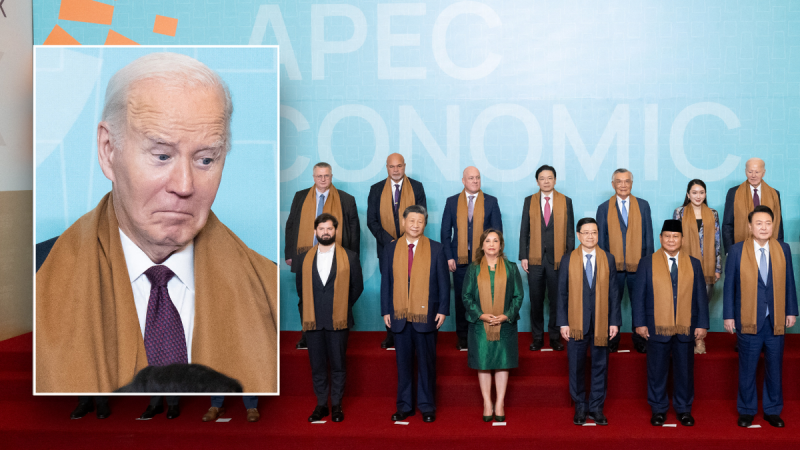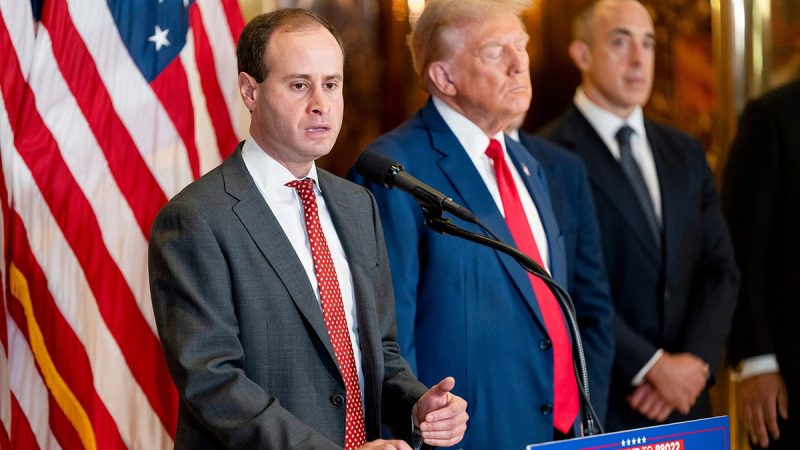
State department defends Blinken memo urging staffers to avoid ‘problematic’ language like ‘manpower’
The State Department defended a memo from Secretary of State Antony Blinken this month that urged staffers to steer clear of gendered language such as ‘mother’ and ‘manpower.’
‘If you look at that memo, as I have done, it’s a standard government practice to try to encourage people to just to be respectful of others, and use the terms with which others are comfortable, and talk to people the way that they would like to be addressed. And nothing more than that,’ State Department Spokesperson Matthew Miller said Tuesday during a press briefing.
Miller was reacting to reports of Blinken sending a memo titled ‘Modeling DEIA: Gender Identity Best Practices,’ that aimed to ‘increase understanding of gender identity and provide guidance on gender identity language and best practices that support an inclusive work environment.’
‘When speaking, avoid using phrases like ‘brave men and women on the front lines,’’ Blinken’s Feb. 5 cable, which was first obtained by the National Review, said. Instead, State staffers should ‘use more specific language such as ‘brave first responders,’ ‘brave soldiers,’ or ‘brave DS agents.’’
Miller said that though the memo had Blinken’s name on it, it did not necessarily come directly from the Secretary of State.
‘When it comes to these types of cables, they all come out with the Secretary’s signature on it. That’s the standard department practice, has been for years. It doesn’t mean that it’s necessarily a memo from the secretary himself,’ he said.
The guidance runs through a list of gendered phrases and words that should be avoided, including: ‘manpower,’ ‘you guys,’ ‘ladies and gentlemen,’ ‘mother/father,’ ‘son/daughter’ and ‘husband/wife.’ Instead, the memo urged staff to use ‘labor force,’ ‘everyone,’ ‘folks,’ ‘you all,’ ‘parent,’ ‘child,’ ‘spouse’ or partner,’ according to the report.
Use ‘gender-neutral language whenever possible’ to ‘show respect and avoid misunderstandings,’ the guidance continued, and encouraged employees to include their preferred pronouns in emails or during meetings.
The cable also cautioned employees against assuming someone’s gender based on how they look or their name, as that ‘can be problematic’ and can send a ‘harmful, exclusionary message.’
The State Department is charged with advising the president on foreign policy, as well as negotiating agreements with other nations. The memo was published as the U.S. grapples with ongoing wars raging between Ukraine and Russia, as well as the war in Israel, and just days after the U.S. launched strikes on Iranian-backed militants following the deaths of three American service members.
The memo added that staffers should not ‘pressure someone to state their pronouns,’ as it is ‘a personal decision that should be respected.’ If a staffer uses the wrong pronoun, Blinken’s memo asked that they handle the situation with ‘subtlety and grace,’ while noting identity ‘may be fluid, so remain attuned to and supportive of shifts in pronouns.’
Other agencies under the Biden administration have rolled out guidance on inclusive and non-gendered language, including pronoun guidance for the Department of Health and Human Services that was slammed by an expert last year as violating employee rights and speculating it would lead to firings for ‘misgendering.’



